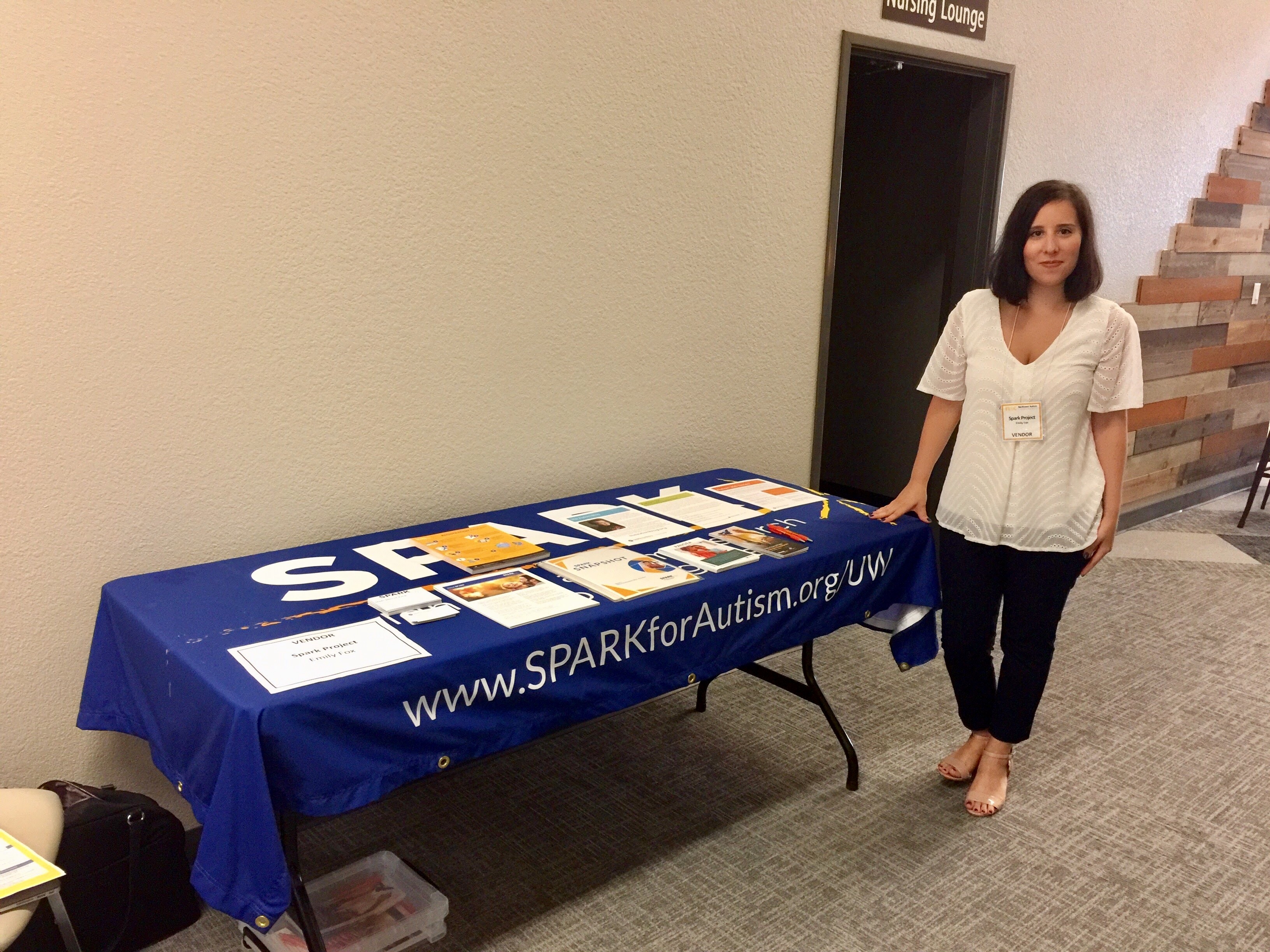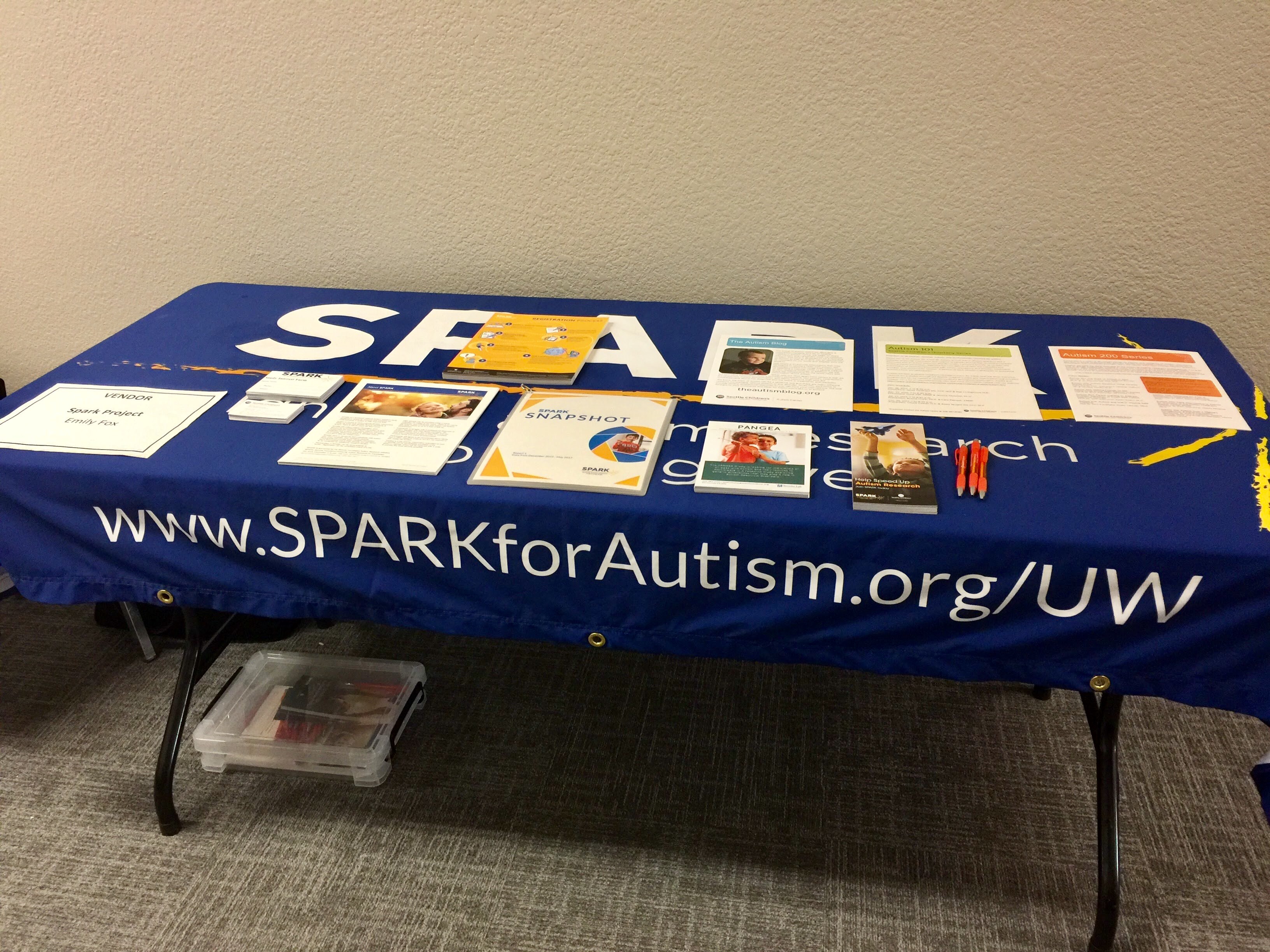Solar Eclipse! Tips for watching and preparing your child for the eclipse
By Kira Hamer and Emily Fox
On August 21st, 2017 we will have an amazing opportunity to see an almost complete solar eclipse. This is a once-in-a-lifetime experience. While we aren’t directly in the path of the eclipse (you have to go to Oregon for that), we will experience almost total darkness at 10:30am when the moon passes in front of the sun! Many of us might find this experience and the science behind it incredibly exciting, but for some individuals, this event could be confusing, a little frightening, and disrupting to our routines. In this blog post, our team offers some suggestions for how to prepare yourself and your child for the eclipse, as well as some fun activities to do in the Seattle area while it is happening!
Here is a social story to help prepare your child for the Solar Eclipse: I am going to see a solar eclipse
Here is what the eclipse will look like in Seattle: http://bit.ly/2uC1FlT
Facts about the solar eclipse: http://bit.ly/2tm5aKK
How to Protect Your Eyes during the Eclipse
First and foremost: looking directly at the sun without special eye protection can cause serious damage, so always protect your family’s eyes with solar glasses if you want to directly observe the eclipse. According to space.com, there are four companies that meet NASA standards for solar glasses. These are Rainbow Symphony, American Paper Optics, Thousand Oaks Optical, and TSE 17. Your local library may also offer free eclipse glasses! It is important to note that sunglasses are not a replacement for special viewing glasses. If you are unable to find special glasses, another way to view the eclipse safely is to build a pinhole camera. A pinhole camera projects sunlight through a small hole in a box onto the other side of the box, so that you aren’t looking directly at the sun. You can find instructions for building a pinhole camera here.
How to Prepare Your Child for the Eclipse
Like any new experience or change for a child, it can be helpful to practice what you might do the day of the eclipse or to talk about what might happen. Here are some tips to help you and your child prepare:
- Introduce your child to the solar eclipse using a social story. You can find an example attached. It may be helpful to read the social story several times a few days in advance of the eclipse.
- Use a stopwatch or a timer to help your child know how much time is left in the eclipse. In most locations, the total eclipse will likely last 2-3 minutes.
- If you are using solar glasses, help your child practice wearing these glasses so that they can get used to how they feel on their face.
- Make sure you and your child are wearing sunscreen if you will be outside!
- If you are worried that being outside during the eclipse will be frightening for your child, watch the eclipse in a different way! NASA will be live-streaming the event, and your child may be more comfortable watching the eclipse inside at home.
- During the eclipse, the temperature will drop significantly and rapidly. If your family will be outside, plan on bringing an extra coat or a blanket.
- The sudden darkness during the day will likely create increased traffic. It may be helpful to either plan on staying home for the duration of the eclipse or to get to your viewing spot early. If your child has to attend camp or a school program on the day of the eclipse, you may need to warn them that the drive could be longer or you might have to drive on a different route.
- Make the experience fun! Color pictures of the sun and the moon, get a book from the library about space and the planets, or take photos of your family on the day of the eclipse. Help your child understand that this is a special and exciting day in science.
Fun Eclipse Activities
The eclipse is a great opportunity to help your kids become real scientists! NASA is asking people in the viewing area to report on what they see and experience. The GLOBE (Global Learning Observations to Benefit the Environment) Observer Eclipse App can be downloaded on your phone, and guides you through how to make observations. NASA is hoping to have a million eclipse viewers contribute their findings!

